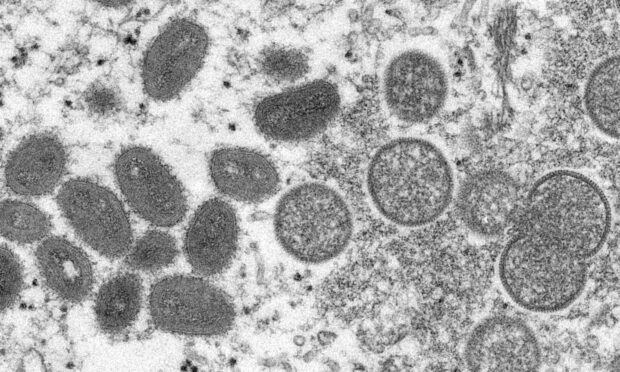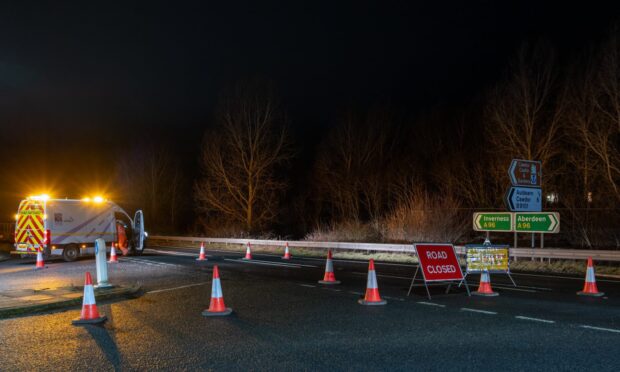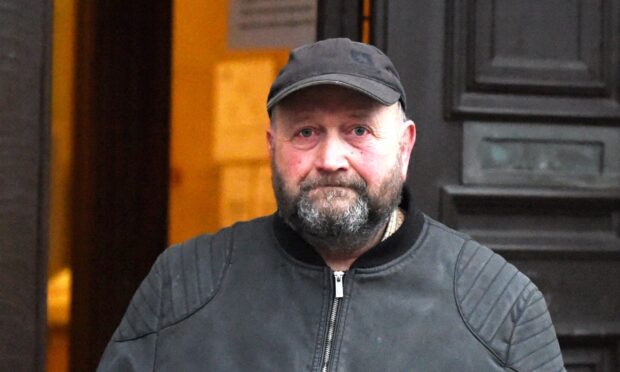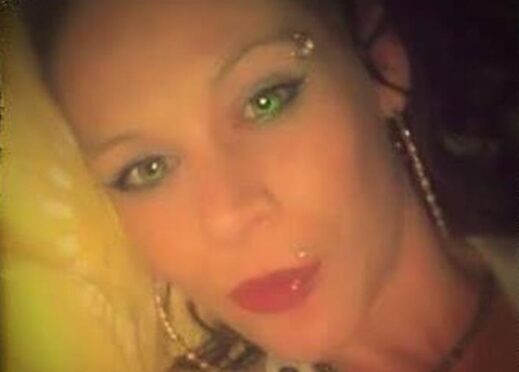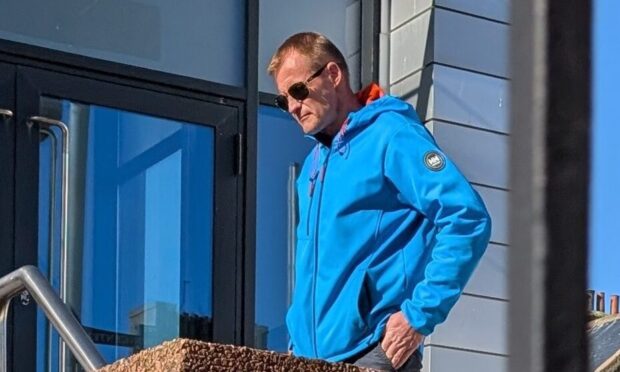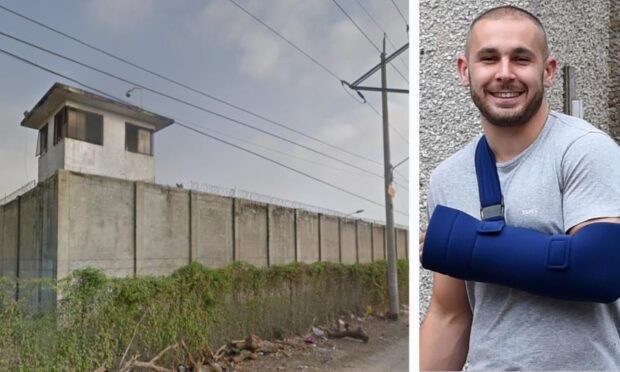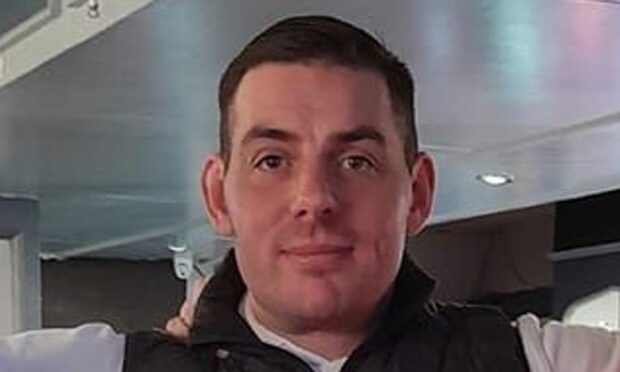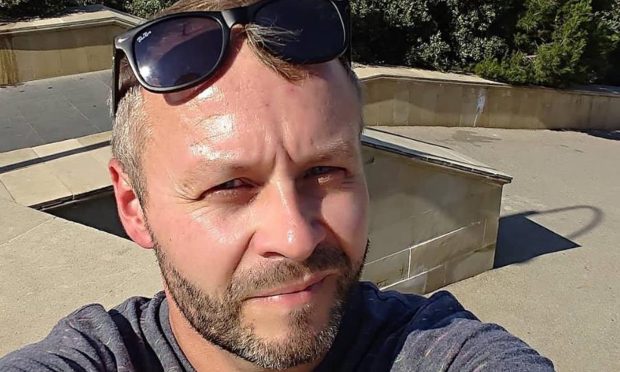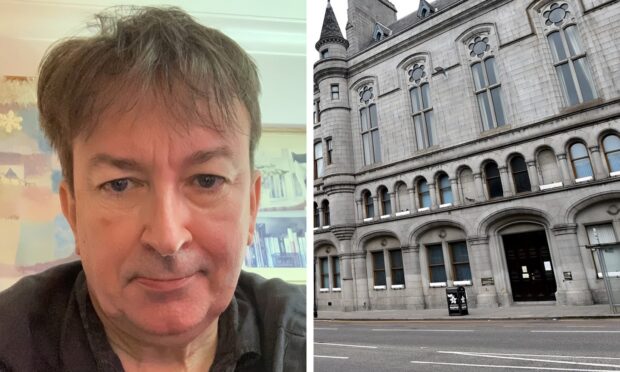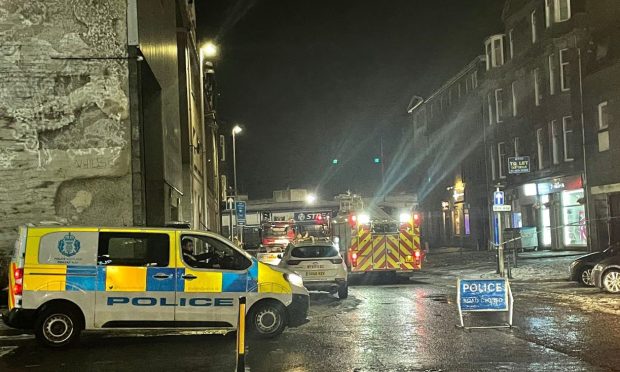A court in Inverness has been told that a trial cannot go ahead because a key witness has contracted monkeypox.
The case, at Inverness Sheriff Court, was due to begin today but was halted after a motion from the accused’s solicitor.
The lawyer made a motion to adjourn due to a funding issue, prompting fiscal depute Karen Poke to inform the court of the health matter affecting the alleged victim in the case.
She told the court she would be joining the motion because the man had reported he was suffering from monkeypox and so could not attend.
The Scottish Courts and Tribunal Service said in a statement: “We can confirm that the case was adjourned today due to a Crown witness being absent due to a suspected case of monkeypox.”
A spokesperson for Public Health Scotland (PHS) said: “In line with national protocols, PHS is working with NHS Boards and wider partners to investigate a small number of potential cases of monkeypox in Scotland.
“As announced on 23 May, there is one confirmed case of monkeypox in Scotland.
“It would not be appropriate for PHS to comment on individuals.”
The case was adjourned until a date in July.
It comes just weeks after courts across Scotland relaxed coronavirus restrictions.
Monkeypox cases in the UK
It is not known if the complainant lives locally to Inverness.
At the time of writing the UK-wide number of confirmed cases stands at 78.
The illness, believed to have spread from animals to humans, causes a rash that usually begins on the face before spreading to other areas of the body.
Other symptoms include a high temperature, headache, muscle ache, backache, swollen glands, shivering and exhaustion.
Symptoms take between five and 21 days to appear following infection.
People with unusual rashes or lesions, particularly if they have had a new sexual partner, have been urged to contact NHS 111 or their local sexual health clinic.
But health officials stressed people should phone ahead before attending in person.
Despite the rise in cases, the UKHSA said that the risk to the UK population “remains low”.
The health body said that a “notable proportion of the cases” identified have been among people who are gay, bisexual and men who have sex with men.
Dr Susan Hopkins, chief medical adviser of the UKHSA, said: “We are continuing to promptly detect new monkeypox cases through our extensive surveillance network and NHS services.
“If anyone suspects they might have rashes or lesions on any part of their body, particularly if they have recently had a new sexual partner, they should limit their contact with others and contact NHS 111 or their local sexual health service as soon as possible – though please phone ahead before attending in person.”
UKHSA teams have been tracing high-risk contacts of those with a confirmed case and are advising contacts to isolate for 21 days.
